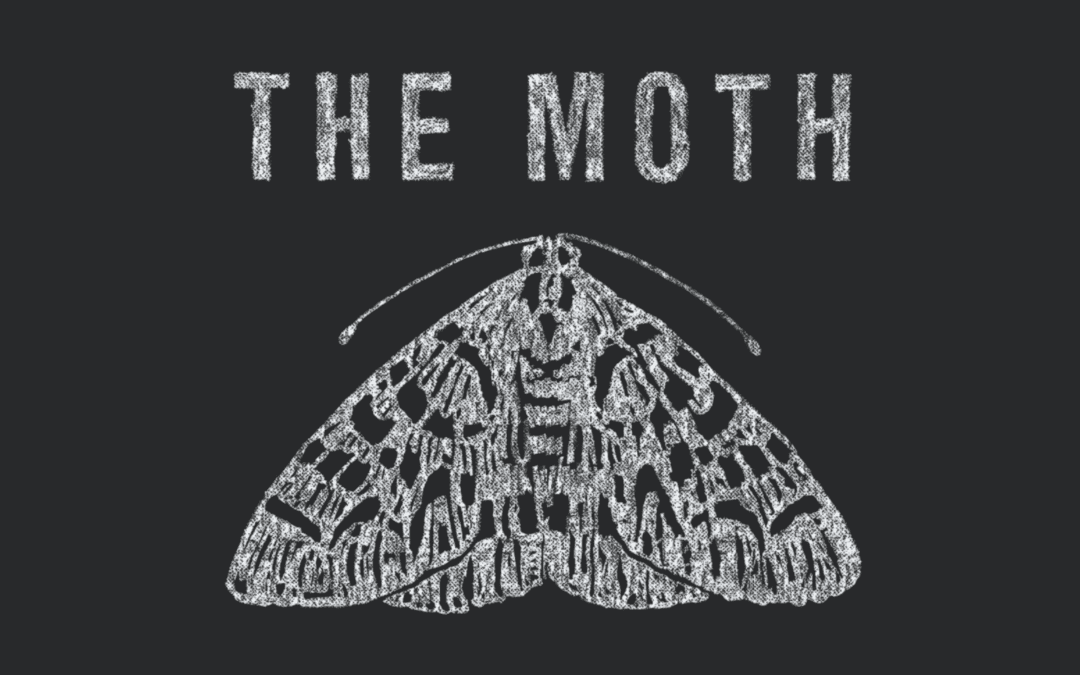MNAPG Sitemap
[wp_sitemap_page]
[wp_sitemap_page]

Minnesota Alliance on Problem Gambling and the Minnesota Lottery Continue their Efforts to Raise Awareness About the Risks of Youth Gambling and Youth Problem Gambling
FOR IMMEDIATE RELEASE
December 1 , 2022
CONTACT:
Susan Sheridan Tucker
sstucker@mnapg.org
612-424-8595 x1
(Roseville, Minnesota)– The Minnesota Lottery and the Minnesota Alliance on Problem Gambling (MNAPG) announced today they are continuing their annual participation in the Gift Responsibly international responsible gambling campaign to raise awareness about the risks of buying lottery tickets for children. The campaign is organized by the National Council on Problem Gambling (NCPG) and the International Center for Youth Gambling Problems and High-Risk Behaviors at McGill University.
Both organizations will promote the importance of responsible gambling through various media channels, joining the unified effort to raise awareness about this issue around Minnesota, the United States and North America.
Research shows that the earlier a person participates in gambling or is exposed to it in childhood, the more likely they are to develop a gambling problem later in life. Youth are often exposed to gambling through a lottery game given by an adult who may be unaware of the associated risks. “We are pleased to be partners in this campaign with the Minnesota Alliance on Problem Gambling,” said Adam Prock, executive director of the Minnesota Lottery. “We understand the risks of youth gambling and caution that our products are designed specifically for adults.”
“Preventing youth gambling is a year-long effort, but during the month of December when gift giving is prevalent it’s an opportunity to remind adults that there are real risks in gifting a lottery ticket to a child,” says Susan Sheridan Tucker, executive director of MNAPG. “Children don’t understand the fundamentals of odds, and if they receive a winning ticket, the expectation is established that it will happen again.”
“Youth problem gambling has emerged as a significant and growing public health issue,” said Keith Whyte, executive director of NCPG. “We applaud the Minnesota Lottery and Minnesota Alliance on Problem Gambling’s for raising awareness about the risks of youth gambling through the Gift Responsibly campaign.”
Additional information can be found at http://mnapg.org/youth-gambling/, where visitors can learn more, order brochures or request a community presentation on a variety of issues relating to problem gambling and gambling addiction.
About Minnesota Alliance on Problem Gambling
About Minnesota Alliance on Problem Gambling
Minnesota Alliance on Problem is a nonprofit, gambling-neutral organization dedicated to improving the lives of Minnesotans affected by problem gambling. A 501 (c)(3) nonprofit, MNAPG is funded by membership fees, financial and in-kind donations, and state and private grants. MNAPG serves as Minnesota’s affiliate to the National Council on Problem Gambling.
About Minnesota State Lottery
The Minnesota Lottery raises money for programs that positively impact the lives of Minnesotans. It offers uniquely Minnesotan games of chance that are held to the highest standard of integrity and security. Since 1990, the Lottery has returned more than $3.6 billion to programs that benefit all Minnesotans, including the state’s most precious natural resources, education, health care and more.
About the National Council on Problem Gambling
The National Council on Problem Gambling (NCPG) is neutral on legalized gambling. Based in Washington DC, NCPG is the only national nonprofit organization that seeks to minimize the economic and social costs associated with gambling addiction. If you or someone you know may have a gambling problem, contact the National Problem Gambling Helpline, which offers hope and help without stigma or shame. Call or text 1-800-GAMBLER or visit www.1800gamblerchat.org. Help is available 24/7 – it is free and confidential.
About International Center for Youth Gambling Problems and High-Risk Behaviors at McGill University
For over 20 years, the International Centre for Youth Gambling Problems and High-Risk Behaviours at McGill University has been at the forefront of leading-edge research aimed at identifying and understanding the critical factors related to youth gambling issues.

People starting over—sometimes because they want to, other times because they have to. LISTEN

Shannon Cason comes face to face with his gambling addiction. LISTEN

A paid article appearing in the Star Tribune, along side a digital ad.
Coping with Another Person’s Gambling Problem
By Bill Stein for Northstar Problem Gambling Alliance
Maria suspected something was going on with her husband but didn’t know what. He was taking many phone calls behind closed doors. He often seemed frantic to intercept the mailman before the mail was delivered to their house. And his interest in the outcome of various sporting events seemed to intensify in the last few months. What could be going on?
It was only after the bank threatened to foreclose on their house did Maria learn that her husband had a sports gambling addiction that drained their finances.
Until then, she didn’t know that such a condition existed and assumed people just gambled with money they could afford.
Unfortunately, Maria’s predicament is not uncommon. Indeed, the plight of the concerned others of a problem gambler — which could be friends, coworkers or various family members — can be very challenging. The more they can learn about this poorly understood addiction, the better they can cope for themselves.
The first thing that can help concerned others who have a vague notion that something is going on with their family member, spouse or friend is to learn the signs of gambling addiction. Some of the more common indications of an underlying gambling problem include increased frequency of gambling, increased amount of money gambled, gambling for longer periods of time than planned, bragging about wins but not saying anything about losses, pressuring others for money as financial problems arise, lying about how money is spent, escaping to other excesses (alcohol, drugs, sleep, etc.) and denying there is a problem.
Additional signs of problem gambling may include frequent absences from home and work, excessive phone use, withdrawal from family, personality changes (such as increased irritability and hostility) and diversion of family funds. It’s also important to realize that problem gambling can affect anyone regardless of race, culture, sex and financial standing.
Comorbidity is the term used to describe the existence of concurrent disorders in an individual. Studies have shown that people who struggle with gambling disorders tend to have other psychological problems such as depression, anxiety and substance-use disorders. For example, a survey in Psychological Medicine reported that 96 percent of lifetime compulsive gamblers also met lifetime criteria for one or more of the other psychiatric disorders assessed in the survey. If a significant other or friend in your life suffers from one type of addiction, be aware that that puts them at higher risk for gambling addiction.
It can be difficult for the concerned others of gamblers to come to grips with the situation. They may question their role and feel they are responsible. They may be in disbelief as they learn that bank accounts and retirement savings have been wiped out.
It’s important to know that you’re not alone. With an estimated 6 million of the general population at risk for developing gambling addiction, there are many people who find themselves in the orbit of a gambler. Organizations such as Gam-Anon help and comfort to those affected by someone else’s gambling problem. It provides a way to share experiences, gain strength and create hope in coping with the problem gambler.
Frequently, family members are in denial. Some family members, not fully understanding the severity of the situation, think they are helping by bailing out the gambler, yet they are not seeing the ramifications it has for the spouse.
Additionally, lack of communication is emotionally straining and isolating for concerned others.
A big part of recovery for both the gambler and family is honesty and trust. The lies and broken trust from the problem gambler can be difficult to repair.
However, it’s an essential part of a gambler’s recovery to be honest and to have open communication. Most people benefit from having someone facilitate those initial conversations.
Talking with someone you know about a potential gambling problem can be difficult. It’s important to remember that you can’t stop someone from gambling; only they can make that decision. Choose the right moment to have the conversation and speak in a caring and understanding tone. Make sure you hear what the other person is saying.
For specific advice on how to approach a problem gambler, call the Minnesota gambling helpline at 1-800-333-HOPE to talk with a certified counselor. The helpline operates 24-hours a day, seven days a week. All calls are confidential.
The children of problem gamblers often receive less attention and nurturing at home as a result of the amount of time the parents spend gambling. This can lead to feelings of abandonment, anger or depression, and the children may blame themselves for problems in the home. This can result in the child withdrawing or acting out.
Unfortunately, by the time families discover their loved one’s gambling problem, financial losses may already be significant. Bankruptcy or failure to make mortgage payments, car payments, college tuition, etc., may be part of the new reality. Families need to protect themselves before the gambler can deplete their family assets. Limiting or prohibiting access to family assets may be the first necessary step to take if the family hopes to rebound.
Another protection that families can take is the use of software that blocks access to gambling sites. Northstar Problem Gambling Alliance offers one such tool, Gamban, at no cost to Minnesota families who are interested. The subscriptions are effective for one year, can include up to 15 devices per household, and can block tens of thousands of online gambling sites.
For families, whose finances have been wracked by a problem gambler, developing a personal financial recovery plan is an important first step. Such a plan should include:
The most important thing to remember if someone close to you has a gambling problem, there is hope —for you and the gambler. Minnesota provides treatment for both gamblers and affected others, usually at no cost. Take the first step by calling the Minnesota gambling helpline at 800-333-HOPE.
For more information about problem gambling in Minnesota, visit northstarpg.org.